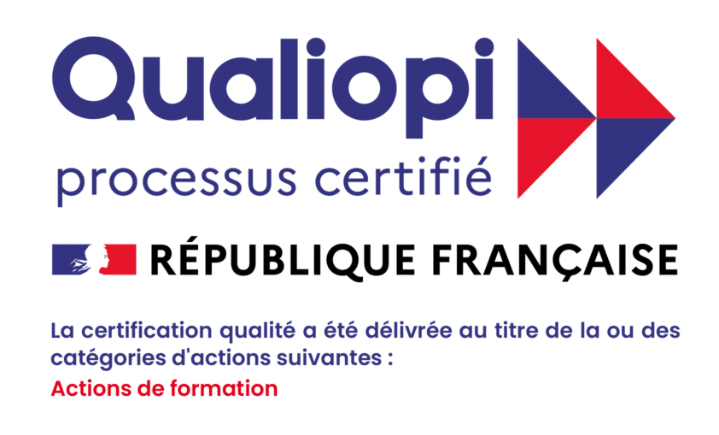CDC Biodiversité offers a comprehensive range of training programs designed to help professionals understand, measure, and reduce biodiversity impacts. Whether you are starting with the fundamentals or aiming to master the Global Biodiversity Score (GBS) tool, our certified courses provide the skills, methodologies, and practical experience to integrate biodiversity into your strategy, operations, and reporting.
€500 excl. VAT
(-20% for B4B+ Club members)
Learn the key concepts, metrics, and regulatory frameworks for biodiversity footprint assessment, including an introduction to the GBS.
Duration: ca. 2.5 hours (online)
Ideal for: Anyone seeking essential knowledge on biodiversity footprinting.
Format: 100% e-learning – Learn at your own pace!
Prerequisites: None
€1,600 excl. VAT
(-20% for B4B+ Club members)
Understand how to assess your organisation’s biodiversity footprint using the GBS, acquire elementary knowledge about the tool and how to use results to move your biodiversity strategy forward.
Duration: 1 day (7 hours) – In-person (Paris) or remote
Ideal for: Professionals involved in biodiversity assessments.
Includes: Access to online resources, case studies, and group workshops.
Prerequisites: Fundamentals of biodiversity footprint module.
€3,500 excl. VAT
(-20% for B4B+ Club members)
+ €2,000 for a 4 months GBS licence
Gain full proficiency to perform a Biodiversity Footprint Assessment (BFA) with the GBS, interpret results, and integrate them into a biodiversity strategy.
Duration: 2 days (14 hours) + ca. ½ day individual work – In-person (Paris) or remote
Ideal for: Operational staff aiming to master the tool & perform a BFA in autonomy.
Format: GBS license, advanced modules, case study application.
Prerequisites: GBS Level 1, GBS license (€6,500 for a one-year licence, or €2,000 for a 4-months trial)
+ €2,000 for a 4 months non-renewable trial
€1,600 excl. VAT
(-20% for B4B+ Club members)
Specialised training for financial institutions (banks, asset managers, and insurers) on biodiversity-related risks, double materiality, and integrating biodiversity into global strategies.
Duration: 1 day (7 hours) – In-person (Paris) or remote
Ideal for: financial institutions’ staff aiming to understand the biodiversity risks, regulations and initiatives related to their activities.
Includes: TNFD LEAP approach workshop, portfolio biodiversity footprinting.
Prerequisites: none.
Deep dives into biodiversity stakes, impacts, and dependencies for specific sectors (e.g., food & agriculture, construction).
Short, targeted sessions on advanced topics like TNFD reporting, biodiversity credits, environmental labels, private equity impacts, and more.
Ready to build your customised training journey?
All trainers are biodiversity footprint experts and GBS developers.
Workshops, quizzes, case studies, and role plays.
In-person (Paris) or remote.
Adapted for participants with disabilities.
Qualiopi certified for training activities.
700+
professionals trained to measure biodiversity footprints
160+
GBS assessors certified so far

CDC Biodiversité is Qualiopi certified for its training activities.
French national quality certification for training providers
- Browse our training catalog.
- Select your training course, date, and language.
- Complete the online registration form.
- Receive confirmation from CDC Biodiversité.
